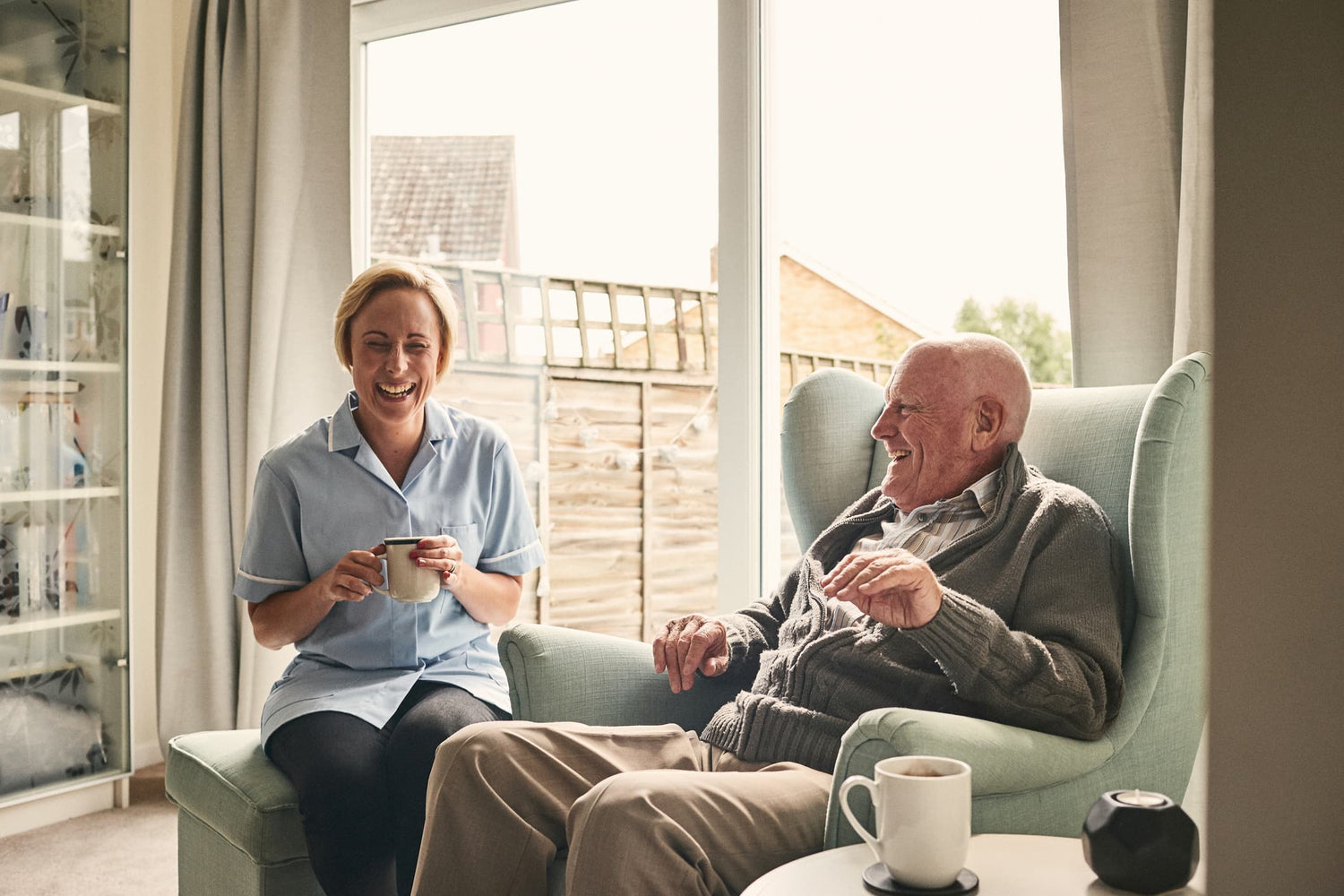Explore our collection of informative and educational blog posts to stay updated on the latest industry trends and expert advice.
Top 5 tips: create a productive study space

A big advantage of online study is working from your own home and while it’s tempting to settle down on the sofa or snuggle under the doona while you work, research suggests a carefully curated study space is a much better option.
Having a dedicated study space can make all the difference when it comes to productivity. Setting up a functional, comfortable space to work in is an easy way to increase creativity and performance.
Check out our top 5 tips for creating a productive (and pretty) study space.
1. Create a healthy space and use it wisely
When setting up a new study area, many of us might opt for style over functionality but when it comes to your choice of seating, make sure it’s comfortable as well as safe. Robert Bikesic, Fitness Program Manager at Open Colleges recommends practising correct posture, “Try to sit upright and tuck your chair in to support your back while you type”. This is not only better for your long-term health but can increase your output and help you think more clearly.
Robert also suggests adjusting your sitting position regularly to avoid fatiguing your back muscles and scheduling regular breaks, ideally every 45 minutes, to avoid headaches and keep concentration levels at a peak.
2. Make it personal
Fill your study space with inspiring images to keep you motivated. Postcards featuring your favourite quotes, family photos and gorgeous images all help to get the creative juices flowing.
Several studies have shown that adding some greenery to a workspace can offer a variety of benefits, including increasing our ability to concentrate and reducing our stress levels. If you can only do one thing to optimise your study area, go green and invest in a few influential pot plants.
3. Organise!
It’s no coincidence that a clear desk helps us to keep a clear head. Keep your study space organised and clutter-free to avoid distraction and frustration. Matthew Burns, Workplace Assessor with Open Colleges recommends limiting the amount of loose paper on your desk, utilising Post-It notes to organise any paperwork you do have and tidying the area when you finish studying – this ensures mess doesn’t build up and you return to an inviting environment, ready to get straight to work.
4. Inject some colour
An age-old mood influencer, colour is known to affect our emotions and, in turn, can have an impact on how productive we are. Red has been linked to boosting our levels of alertness, perfect for tasks that require a high level of attention to detail. Blue and green are conducive to generating new ideas, while white and beige can have a calming effect and assist with keeping stress levels to a minimum.
There’s no need to paint a whole room, start by adding pops of the colour you think would have the best effect on you with pieces of artwork and colourful desk accessories.
5. Let there be light!
Filling a space with natural light is a great way to counteract the effects of spending a lot of time in front of an artificially-lit computer screen. Natural light has also been known to increase happiness, alertness and levels of productivity.
However, if natural light is at a premium in your home, consider how the lighting level in your study space is affecting your productivity for each task you undertake. It has been suggested that brightly lit spaces encourage critical, analytical thinking, while a 2013 study by the University of Stuttgart found that dimly lit rooms evoke a sense of freedom that’s ideal for brainstorming and idea generation.
If you are considering your study options or have recently started an online course, why not spend an afternoon setting up your own optimised study area? Don’t forget to share images of your new study space on our Facebook page.








